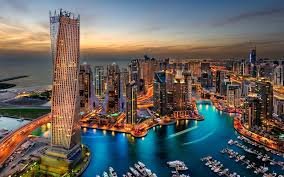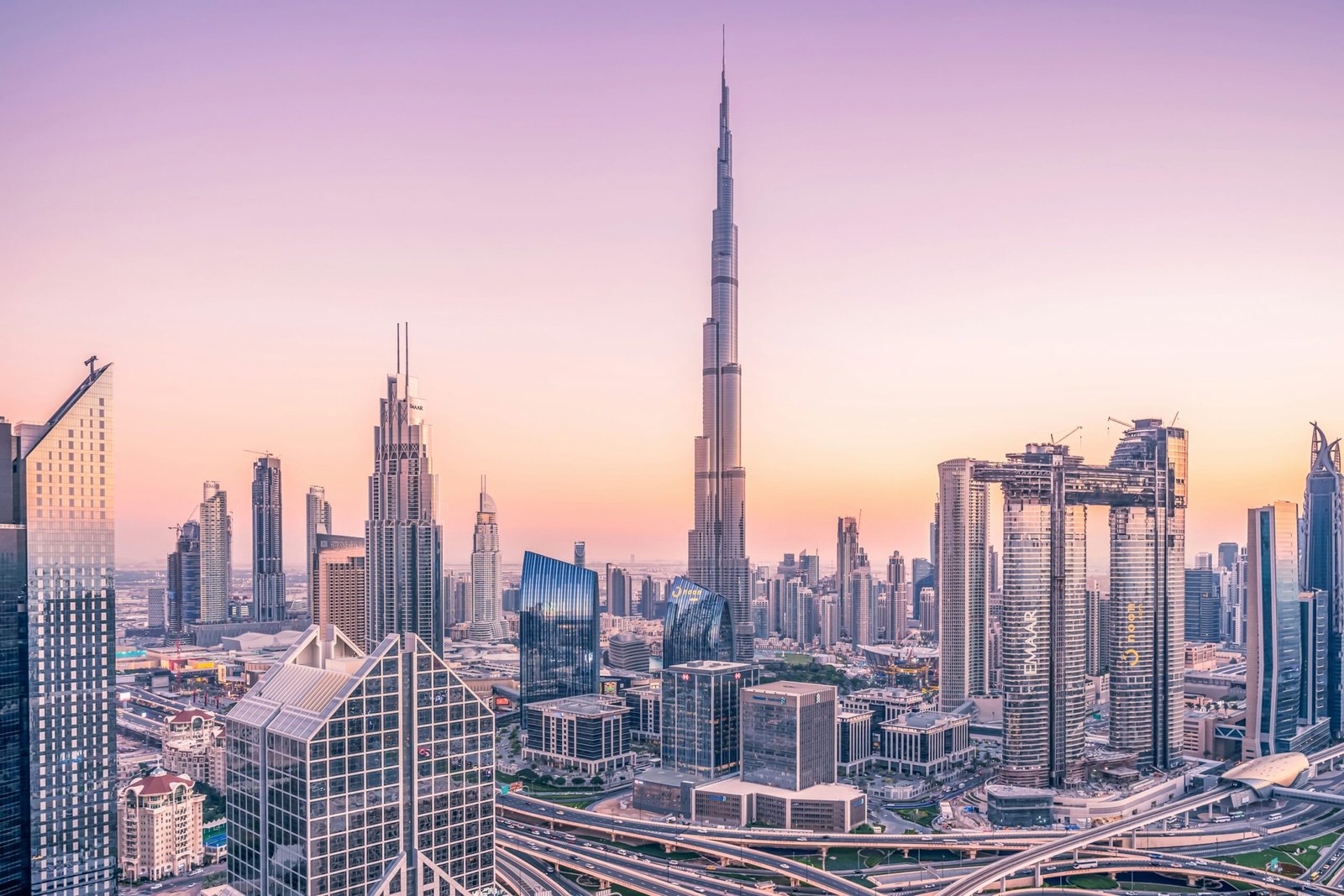Now Reading: “Real Estate Disputes in UAE? Here’s What You Must Know”
-
01
“Real Estate Disputes in UAE? Here’s What You Must Know”
“Real Estate Disputes in UAE? Here’s What You Must Know”

Real estate is a booming sector in the United Arab Emirates (UAE), attracting investors from around the world. With major cities like Dubai and Abu Dhabi offering attractive property opportunities, it’s no surprise that the market is growing rapidly. However, with growth also comes challenges, and one of the major challenges in the sector is real estate disputes.
If you’re a property owner, tenant, investor, or developer in the UAE, understanding how real estate dispute resolution works can save you time, money, and stress.
What Are Real Estate Disputes?

Real estate disputes occur when two or more parties disagree over issues related to property. These issues can include:
- Delays in property handover
- Breach of contract
- Disputes over rent or service charges
- Misrepresentation by real estate agents
- Property defects or poor construction
- Disagreements between landlords and tenants
Such disputes are common in both residential and commercial properties.
Why Real Estate Disputes Happen in the UAE

The UAE’s property market is diverse and includes both freehold and leasehold areas. With a high number of international buyers and investors, misunderstandings can arise due to differences in laws, regulations, and contract terms.
Moreover, despite strict real estate regulations, not every transaction is carried out with legal clarity. Sometimes, incomplete or unclear contracts can lead to legal battles.
Legal Framework for Property Disputes in the UAE

The UAE government has set up several legal bodies and laws to handle real estate disputes fairly. Key laws and authorities include:
- Dubai Land Department (DLD)
- Real Estate Regulatory Agency (RERA)
- Rental Dispute Settlement Centre (RDSC)
- UAE Civil Code
- Real Estate Law No. 7 of 2006 (for Dubai)
Each emirate has its own system, but Dubai and Abu Dhabi offer the most structured dispute resolution platforms.
Dispute Resolution Channels in UAE Real Estate
Here are the most common ways real estate disputes are resolved in the UAE:
1. Amicable Settlement
Before going to court or legal authorities, it’s often advised to try negotiation or mediation. This involves both parties sitting together to find a mutual agreement. Sometimes, real estate agents or legal advisors help with this process.
Why it works:
- Saves money
- Faster than court proceedings
- Keeps relationships intact
2. Filing a Complaint with RERA or DLD (Dubai)
If a dispute cannot be resolved directly, the next step is to file a complaint with the Real Estate Regulatory Agency (RERA). RERA can investigate and offer guidance or pass the case to the Rental Dispute Settlement Centre (RDSC).
Cost: Usually ranges between AED 100–AED 5,000 depending on the type of complaint.
3. Rental Dispute Settlement Centre (RDSC)
Established by the Dubai Government, RDSC handles disputes between tenants and landlords. This center is designed for quick and fair decisions and is available for both UAE citizens and foreigners.
How to file a case:
- Prepare your documents (contract, ID, evidence)
- Pay the registration fee (about 3.5% of annual rent)
- Attend hearing sessions
- Await decision (usually within 30 days)
4. Arbitration
Arbitration is another legal process where a neutral third party makes a decision. It’s commonly used in commercial property disputes. Arbitration agreements are often included in real estate contracts.
Key benefit: Arbitration decisions are binding and enforceable in the UAE.
5. Going to Civil Court
If the issue is too complex or involves large sums, the case can be taken to a civil court. This is often the last option after trying other dispute resolution methods.
Note: Legal representation is usually required, and the process may take longer.
How to Avoid Real Estate Disputes in the UAE
Here are some tips to avoid falling into real estate disputes:
- Always read and understand the contract before signing
- Work with licensed real estate agents only
- Keep all communications and transactions documented
- Do property inspections before handover
- Know your rights and obligations under UAE law
- Consult a lawyer if unsure about legal terms
Recent Trends in UAE Real Estate Dispute Resolution
The UAE is working to make its legal system more investor-friendly. Recent efforts include:
- Digital platforms to file and track complaints
- Quicker resolution timelines
- More transparency in real estate contracts
- Greater protection for off-plan buyers
Dubai has even introduced remote hearings for property disputes to save time and make the process more efficient.
Conclusion
Real estate dispute resolution in the UAE is becoming more organized, faster, and investor-focused. Whether you are buying, renting, or developing property, it’s important to know your rights and how to solve conflicts properly.
By understanding the legal process and seeking expert advice when needed, you can protect your investments and enjoy smoother property dealings in the UAE.
Read More:- Shobha Realty Launches Its Most Luxurious Project Yet—Full Details Inside 2025






















